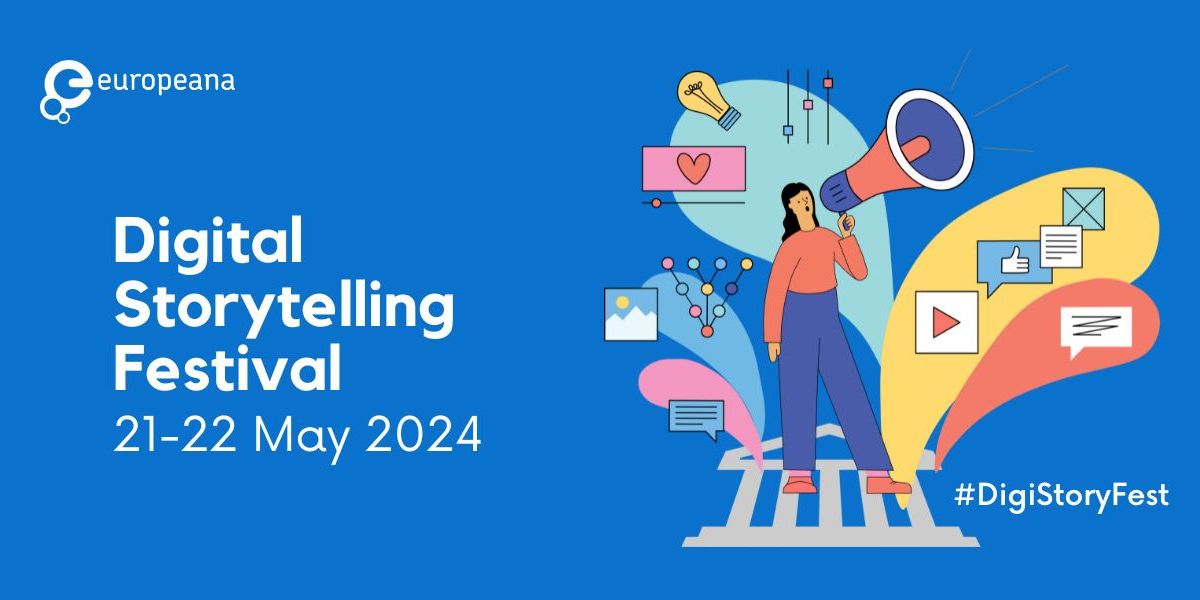Maria Utsi, International Sami Film Institute, Norway
ÁRRAN 360° is a fusion of Indigenous storytelling and innovative technology. ÁRRAN 360° presents 360-degree films presented in a purpose-built giant lávvu (traditional Sámi tent) equipped with a high tech 270-degree screen, designed to showcase these special works.
Entering the film lávvu the audience step into a circular space where the present meets the future. They are surrounded by the ambience of sámi soulscapes and through our stories they experience sámi lands and worldviews.
The 360-degree format has previously been primarily used as a visual technique, and has to a small extent been tested in the development of story-driven films with a clear narrative. The films shown created for ÁRRAN 360° thus represent film innovation both nationally and internationally and challenge the centered and linear narrative principle of traditional Western cinema.
The project is initiated by the International Sámi Film Institute, and premiered as an official part of the extended program of ́The Sámi Pavilion ́at the 59th International Art Exhibition of La Biennale de Venezia.
Karl Sedgwick, Domingos Studios, UK
Liverpool Court Housing. The ‘Courts’ is a digital recreation of 19th century Liverpool courtyard housing, once prevalent in the city. These high-density, low-quality dwellings were home to half of the working-class population by the mid-1800s. Despite their historical significance, only one example remains today on Pembroke Place. Motivated by my grandmother's upbringing I embarked on this project to honour her memory and raise awareness of this aspect of Liverpool's past.
Marinos Ioannides, Director of the UNESCO Chair on Digital Cultural Heritage at the Cyprus University of Technology
The Lambousa Trawler: Beyond its historical significance as Cyprus' oldest and last-of-its-kind fishing boat, the Lambousa's digital rebirth serves a broader purpose. It becomes a reservoir of technological, engineering, and contractual insights, pivotal in physically restoring this unique piece of Cypriot heritage. The once-nomadic fishing vessel now stands as a testament to the EU island's contemporary maritime narrative and as a digital #MemoryTwin to the generations to come.
| 
